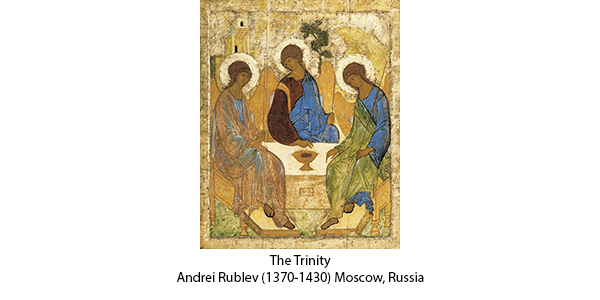A Prayer and Fasting Devotional

Now the word of the Lord came to Jonah the son of Amittai, saying, “Arise, go to Nineveh, that great city, and call out against it, for their evil has come up before me.” - Jonah 1: 1-2
This passage shows the twinning seen throughout scripture of God’s righteousness and compassion.
- God acknowledges Ninevah’s dignity (“that great city”) and seeks its repentance.
- God sees Ninevah’s great evil and is angered and saddened by it.
From this passage we see that:
A. Compassion requires a recognition of who we are: both our depravity and our dignity. Our tendency, however, is to see one without the other – and this tendency holds true for how we see ourselves and how we see others.
B. Righteousness cannot be expressed without the care and love that creates a desire for such high standards in another. In the same way, compassion cannot be manifested apart from an embrace of a standard of righteousness that defines good and evil, right and wrong; a standard, incidentally, that none can attain alone.
C. The call of Jonah (and of the church, and of us) was:
- to go back into the world of pain, of need, of offensive brokenness,
- to engage the brokenness of our world, not abandon it,
- to go into every sphere, every vocation, every cultural cranny with the compassion and message of Christ.
Jonah was a reluctant missionary. Jesus was the compassionate Savior. Both loathed the idea of what lay before them; Jonah saw only great evil and fled, Jesus saw both great evil as well as the dignity of those who inhabited the city – and obeyed.
Note the robes of the Holy Spirit (figure on right) in Rublev’s painting of the Trinity ﹘ the blue and green represent the heavens and earth ﹘ that the Spirit’s power and authority are everywhere. We are called in a similar way to Jonah. To have compassion and to seek wholesale change – repentance, but also the transformation of all things. And this is only possible in the power of the Holy Spirit.
A. Compassion requires a recognition of who we are: both our depravity and our dignity. Our tendency, however, is to see one without the other – and this tendency holds true for how we see ourselves and how we see others.
B. Righteousness cannot be expressed without the care and love that creates a desire for such high standards in another. In the same way, compassion cannot be manifested apart from an embrace of a standard of righteousness that defines good and evil, right and wrong; a standard, incidentally, that none can attain alone.
C. The call of Jonah (and of the church, and of us) was:
- to go back into the world of pain, of need, of offensive brokenness,
- to engage the brokenness of our world, not abandon it,
- to go into every sphere, every vocation, every cultural cranny with the compassion and message of Christ.
Jonah was a reluctant missionary. Jesus was the compassionate Savior. Both loathed the idea of what lay before them; Jonah saw only great evil and fled, Jesus saw both great evil as well as the dignity of those who inhabited the city – and obeyed.
Note the robes of the Holy Spirit (figure on right) in Rublev’s painting of the Trinity ﹘ the blue and green represent the heavens and earth ﹘ that the Spirit’s power and authority are everywhere. We are called in a similar way to Jonah. To have compassion and to seek wholesale change – repentance, but also the transformation of all things. And this is only possible in the power of the Holy Spirit.
Scott Crosby
Director, Christian Union New York City





